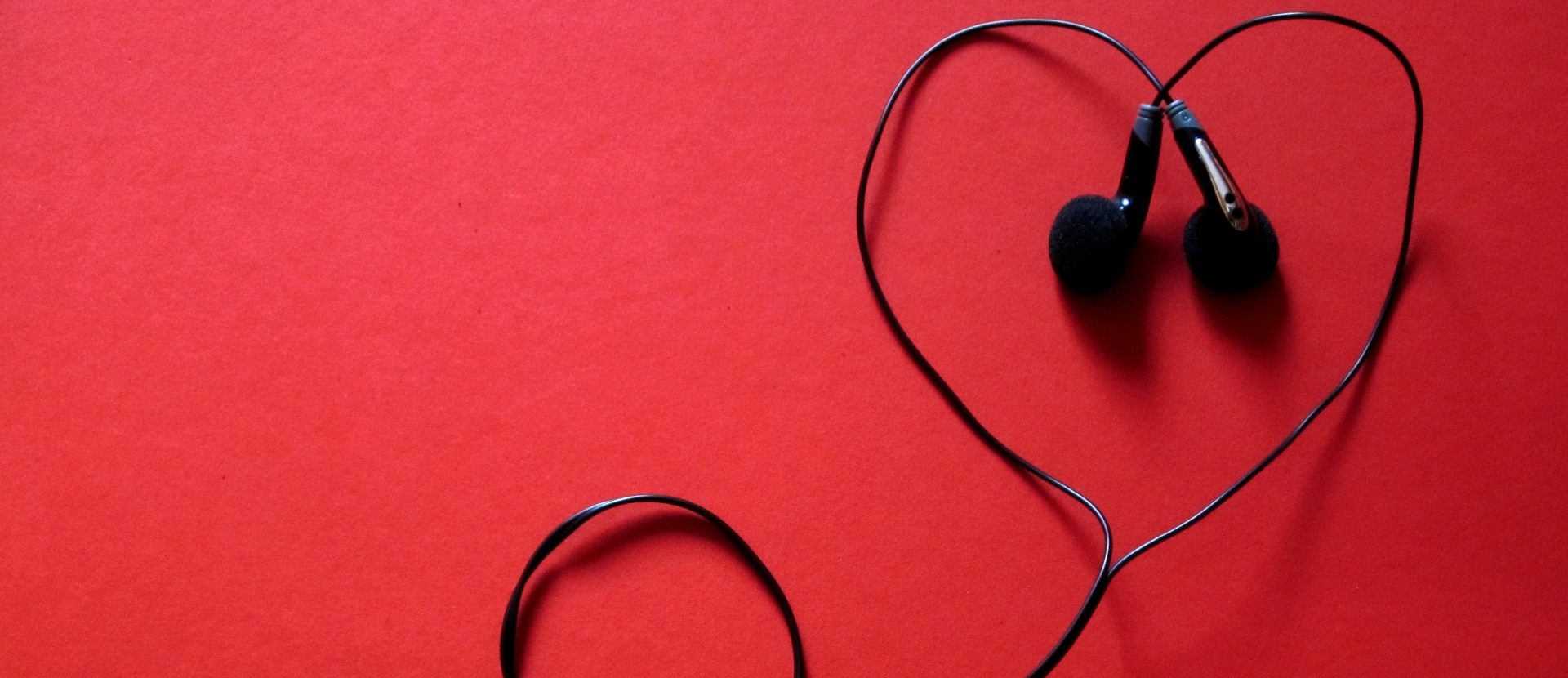SPOILERS FOR EPISODE ONE OF TINY TALES PODCAST BELOW. TURN BACK IF YOU HAVEN’T LISTENED TO IT YET. HERE’S THE LINK.
I was in a bank filling a deposit slip for a cheque. Then an idea fell into my head – what if a different Pratik Arora manages to get his hands on this cheque. This happened way back in 2016.
I had bought recording equipment in early 2017 – mics, mixer & accessories for a separate project that I had written a pilot of, an animated show in English that I & Aman were working on. It was to be called The Adventures Of Manu & was about a guy called Manu and how he always seemed to end up in troubles & confrontations despite his best intentions. It was quite funny (at least I thought so) & I was going to voice all the characters and we were done with the recording of Episode 1 and were working on the animation part.
In March my dad suddenly fell very sick and was admitted to the ICU. He fought the illness for six weeks but it was too overwhelming. He passed away at a very young age of 59. I abandoned the animation show and and everything else & felt like doing nothing at all for months.
In August I realised I had to do something creative to get out of the depression that I had been drowning in.
I started working on the cheque idea & exploring it more and more. It seemed apt for an audio-only treatment. I had never written for radio before and quickly realised I was in way over my head. I am a visual thinker and while writing scripts I tend to imagine the scene, the character’s movements, props etc.
This was impossible on Radio. Voices & sounds had to do EVERYTHING – convey the scene setting, time of day and whatnot. There was no place for any subtleties, no room for “hope the viewer picks the significance of this thing here”.
I had written scripts for live action and animation and the treatment is pretty much the same but a radio drama is a different beast altogether. With no formal training in scriptwriting and certainly not in scriptwriting for radio I did what I know best – I started reverse engineering my script. And also, watching movies with headphones and my eyes closed.
This is my writing process – I imagine the scene in it’s entirety while scripting and then I write down just the sounds and not the movement itself.
Here’s an example: in the scene in episode 1 where Arun is brushing his teeth in the bathroom and his wife is lying on the bed talking to him and then he comes to the bed later, I imagined everything visually first. Then I wrote down – AC in background, brushing teeth, faucet running, door close, footsteps, bedsheet rustling.
I don’t know if this is usual for radio drama writers but I had Arun & Divya Dua’s entire flat planned in my head, where the kitchen is, where the sofa is, the little gallery between the living area and the two bedrooms – everything.
Once I got the hang of the structure I got stuck in act three – what does this couple do when they receive the cheque? In the initial draft I had written that they contact a third Arun Dua themselves and say the same shit to him. But it was becoming a rabbit hole – how many Arun Duas have been doing this?
Then I got the idea that the man on the phone is Arun Dua himself. The ending is a bit cliched with him explaining everything like in a Abbas-Mustan movie but that was the only way out. Anything else would have taken even more time to setup and it wouldn’t have been a a Tiny Tale after all.
Once I was done with the script we quickly moved to recording. Like with Company Bahadur there were no professional actors, just friends & friends of friends. I realised I was way too specific with my direction this time and was bossing around until the spoken words were pretty close to what I had in my mind. But that’s any day better than my Company Bahadur days when I had a very chalta hai attitude and I wasn’t strict with my direction at all, afraid I might offend someone.
Maybe I’ve grown as a creative over the last 6 years or maybe I’ve stopped giving a shit what anyone feels like. Content should come first.
Radio/Podcast is a bit restrictive but it’s also freeing in some ways. I wasn’t worried about lighting or framing or facial expressions on my actors’ faces or even if they look right for the part. Radio can also be great in scenarios where an independent producer wouldn’t even dare venture into, like a period drama which would cost a ton of money to pull off in live action. What I mean is episode 2 is set in Bombay of 1885.



About The Author: Pratik Arora
More posts by Pratik Arora